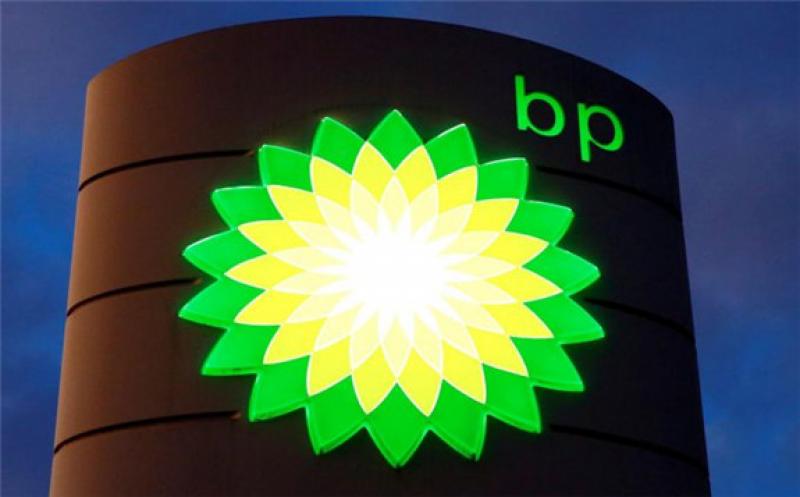
BP plc, the British oil giant that had to shelter one of its tankers in the Persian Gulf this month in fear it could be targeted by Iranian forces, is avoiding sending ships to the region after tensions flared between Teheran and London.
BP is "certainly not sending British ships and crews" through the Strait of Hormuz, the only way for tankers to reach the world's biggest oil-exporting region, chief executive officer Robert Dudley said in a Bloomberg TV interview.
Earlier this month, a BP tanker had to abandon a plan to load Iraqi crude and instead took shelter near Saudi Arabia because the company feared the ship could be targeted in a tit-for-tat response for British Royal Marines seizing a vessel transporting Iranian crude in the Mediterranean, a person familiar with the matter said at the time.
A British warship had to intervene to ensure the BP tanker's safe exit of the Persian Gulf through Hormuz and the UK navy subsequently escorted other British-flagged vessels through the chokepoint responsible for a third of seaborne petroleum exports.
"I think that's a good thing, having open maritime trade is really important whether it is oil or any kind of trade," Mr Dudley said of the escorts.
The British oil giant isn't the only energy shipper taking precautions amid broader safety concerns in the Strait of Hormuz. Gaslog Ltd, which owns a fleet of liquefied natural gas carries, said on Tuesday it won't allow its ships to transit the key waterway without a naval escort, adhering to the current advice from its flag state Bermuda. The company has 26 LNG carriers on the water, according to its website.
In early July, British Royal Marines stopped the Grace 1 tanker just off Gibraltar and the vessel remains in the British overseas territory's waters now. The Gibraltarian government said it had reason to believe the vessel was carrying Iranian oil to Syria, which it said would be a breach of sanctions. Iran labelled the act "piracy" and, after the nation's naval vessels approached the BP ship, another tanker, the Stena Impero, was eventually seized.
"It's concerning but the Straits are open now and oil is moving," Mr Dudley said. "It's not the first time in history we've had a lot of tension on the Strait of Hormuz."
The impact on BP from rising Hormuz tensions isn't significant, Mr Dudley said. While insurance premiums for tankers surged in the wake of six attacks on vessels in May and June, rates to charter the ships have stayed largely flat. That means freight - as a proportion of the overall price of oil - remains small. Crude prices also kept relatively stable as concerns about global demand offset the Middle East friction.
Chief financial officer Brian Gilvary also confirmed that BP hadn't sent any of its British-flagged tankers through the Strait since the July 10 attempt by Iran's Revolutionary Guards to seize its tanker. The company was reporting earnings that beat estimates.
BP has a fleet of 38 oil and gas carriers plying international trade routes, according to data compiled by Bloomberg from the company itself and Clarkson plc, the world's biggest shipbroker.
All but two of them start with the word "British" in their name but none are inside the Persian Gulf at this time, according to ship-tracking. The UK government has recommended that ships flying the nation's flag avoid the Persian Gulf for now.
BP, as one of the world's biggest oil companies, also hires hundreds of tankers each year, with many of them loading at ports and jetties inside the Persian Gulf. Mr Dudley didn't elaborate on what measures, if any, were being taken for those.